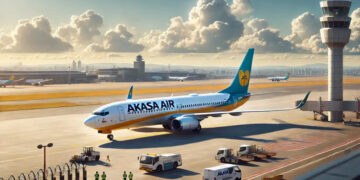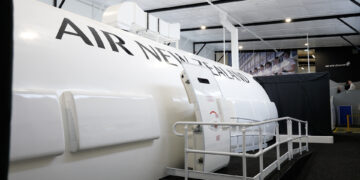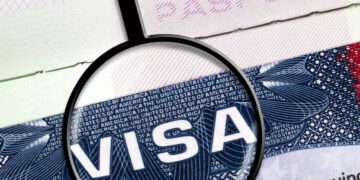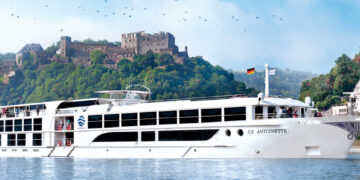Key trends driving innovation in tours and packages
The
touring and packaging businesses are among the oldest areas of travel. Tours
and packages are still relevant, with packaged travel taking up an estimated
34% of the overall travel booking volume according to data from Statista. In fact, there
is a lot of reason to expect that the advent of artificial intelligence-based planning possibilities
will make it easier to buy combined travel products, hence increasing the share
of packages in the overall travel market.
However,
technology for selling multi-day tours is still in its infancy compared with
other types of travel technology, and traditional dynamic packaging technology
has not seen much innovation in recent years.
These factors, together with changes in consumer expectations, lead to a
strong need for technical innovation in the tours and package business.
Here
are a few of the trends and changes in consumer expectations that will have a
particularly strong influence on the technology landscape for touring and
packaging.
Personalization
We’ve
all known that personalization is vital. According to a recent study by McKinsey,
71% of consumers expect companies to deliver personalized interactions. And 76%
get frustrated when this doesn’t happen.
What
does this mean for travel brands and tour operators? It’s time to rethink
traditional package tours. Offering personalized packages that cater to
individual needs and preferences is the way forward.
Companies need to leverage data analytics to better understand their customers’ preferences and assemble experiences that are as unique as the customers themselves.
Experiential
travel: Beyond sightseeing
Experiential
travel is becoming the cornerstone of travel experiences. According to a recent study by American Express, the top reason for wanting to travel is to gain new experiences.
To
cater to this, it isn’t enough to provide a standard package tour; it falls on
industry professionals to create itineraries that facilitate real connections
with local cultures, customs, cuisine and communities.
This poses challenges not only for package composition, but also for the
availability of such specialized supply in the first place.
Timing
of booking: Pacing in the package business
Timing
in travel booking is crucial. But in the age of last-minute deals, flash sales
and real-time price optimization, its importance takes on a different
dimension. The digital age has transformed the traveler’s booking journey from
a linear path to an unpredictable one. It’s not surprising that according to data from Phocuswright,
the timing varies significantly between product categories (e.g. flights,
accommodation, cars or experiences).
This
change in booking behavior has a profound effect on the package business. It
reshapes how travel companies need to design, price, promote and provide travel
packages.
Mitigating
friction
Travel
– as beautiful and exciting as it is – often comes with its own obstacles that we’ve come to accept as part and parcel of the journey.
However, as consumer expectations evolve, there’s a growing demand for
smoother, friction-free travel experiences. Addressing friction begins with
streamlining the booking journey, providing users with a smooth and intuitive
process.
An
often-overlooked element to reducing friction in the end-to-end travel
experience is dealing with disruption during the trip. Data from TravelPerk and Egencia shows that more
than 70% of business travelers faced disruptions during their trips.
Subscribe to our newsletter below
Providing comprehensive pre-travel information, guides and real-time updates
can prepare travelers for many challenges they might face. And when friction
occurs, there must be better ways to recover from that friction in the most
user-friendly way.
Reducing
friction in travel is about adding value to the customer by transforming
challenges into convenience. A customer who feels well taken care of, even
during difficult unpredicted elements of their journey, will not only become a
return customer but also recommend the services to others.
Embracing technology and a customer-centric approach is crucial to the travel
industry’s goal of providing seamless experiences and ensuring they keep pace
with evolving customer demands.
Outlook
These
trends have a lot of impact on the package business as well as the
underlying technology stack. Some of those impacts are:
- There
is a need for more flexible packaging capabilities that allow touring and packaging businesses to create truly
personalized end-to-end experiences - Our
booking journeys need to leverage timing in the best possible way, providing
the product when the customer is looking for it - We
need to develop the ability to provide tailored recommendations to consumers
along the whole journey - We
need ways to remove friction from the booking to the actual trip, making the
whole journey as smooth as possible
The
groundwork in travel tech that has been done in many areas, together with new
possibilities provided by AI, will allow us to create better solutions for a
lot of these topics.
About the author …















































